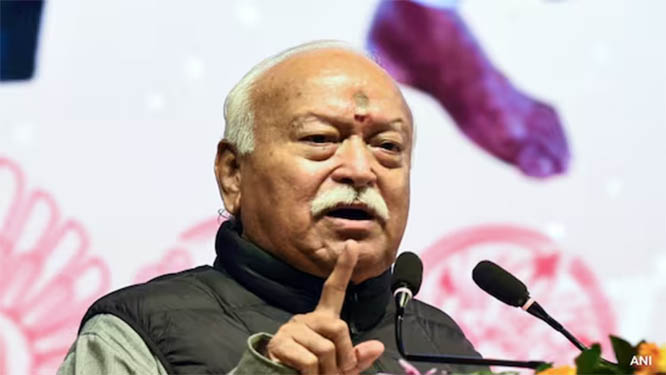New Delhi, Oct 15: Congress Vice President Rahul Gandhi's elevation to the post of party chief would give him the "right entitlement" to lead the alliance that takes on the BJP in the 2019 polls, senior party leader Salman Khurshid has said amid strong indications of the Gandhi scion's promotion.
Khurshid also said in an interview that Rahul Gandhi's taking over as the party's president would be a "psychological" boost, which would attract more youngsters and give an "additional splurge of energy" to the party.
Asked about his earlier comments that Congress president Sonia Gandhi would continue to play a major role in the country's politics even after the transition, he said, "It is more of a hope than a definite assertion or fact."
"She wouldn't want to crowd the new leader. They will work out, I am sure, a very interesting and a very useful relationship in terms of political presence," Khurshid said.
On whether the Congress should go it alone or strike an alliance for the 2019 Lok Sabha polls, the former Union minister said "the practical view should be that sensible adjustments, accommodation and alliances should be considered" while noting that the next general elections would be a clash of ideologies.
However, he warned that alliances can be damaging if not done properly and should be struck with an objective and in a manner that strengthens the party.
Asked if Rahul Gandhi was the best choice to lead an alliance to take on the BJP in 2019, Khurshid said when the Congress vice president takes over as its chief, he will represent a party which would be the largest contributing part to an alliance.
"Therefore, I think he has the right entitlement or if you like, the right reason to be leading an alliance," he said. Khurshid also cited the Congress' panIndia identity and said this will play a "very significant" role in this matter.
"But frankly, it will be his way and his decision, I don't think we should venture to speak too much about this," the senior Congress leader said. Asked if some regional parties and leaders may oppose Rahul Gandhi's leadership for such a coalition, Khurshid said, "I hope not, but it will be negotiated amongst the leaders and he (Rahul) will be among the top leaders there."
He said the leaders forming the coalition will finally have to take a decision keeping in mind what is best while finding an alternative to the BJP. "I see no reason why anyone should have a problem with a leader in Rahul Gandhi. He is experienced, people might think he has not been in government but I think that does not matter so much," the former external affairs minister said.
"We have had a prime minister who had not been in government. Chandra Shekhar was the prime minister, who had not been in government before," Khurshid said. Congress workers and leaders are waiting in anticipation and with "some element of anxiousness" for the announcement of Rahul Gandhi's elevation, he said.
Sources in the party have already indicated that Rahul Gandhi could take over as the party chief from her mother after Diwali.Asked if the Congress would announce the prime ministerial candidate for 2019 polls in a departure from tradition, Khurshid said "it goes without saying" that Rahul Gandhi's taking over the leadership role implies that he would be the prime ministerial candidate.
"He would be the boss, he would be the number one and that is a clear and obvious indication," he said. The 64-year-old leader said the Congress has already started to change its position on the issue by naming the chief ministerial candidate for the Assembly polls in Himachal Pradesh.
Rahul Gandhi has announced that Virbhadra Singh would be the chief ministerial face of the party in the polls. "I hope that what is implicit will become explicit because that is the kind of politics that we are dealing with nowadays," Khurshid said.
About Rahul Gandhi's leadership style, he said, "It seems his ideologies are more attuned to Indira ji's, I think. (Also) If you see his visionary approach to politics that has a lot of his father in it."







Comments
Add new comment